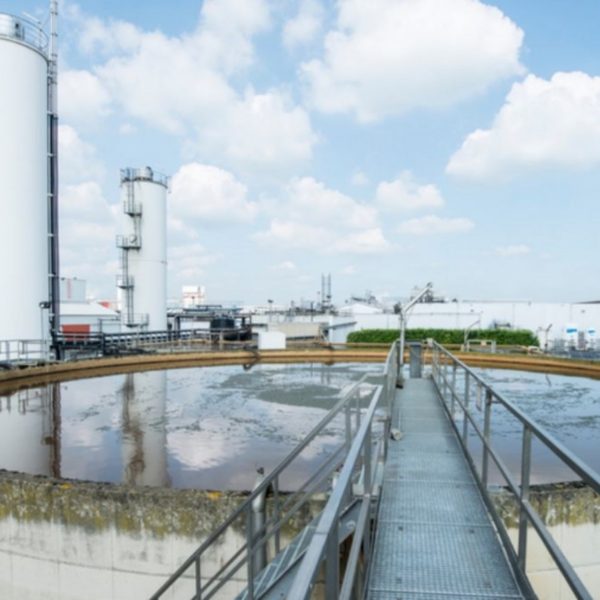Course Physicochemical Treatment

This hands-on course deals with the physicochemical treatment of wastewater. The course targets professionals closely or somewhat closely involved on a daily basis in the monitoring of physicochemical treatment processes.
Learning outcomes
- You understand and can interpret the composition of wastewater on the basis of specific characteristics;
- You know how to select potential treatment technologies on the basis of the wastewater’s composition;
- You are able to define a wastewater treatment scheme on the basis of its composition;
- You are able to assess the operating principles used in physicochemical treatment plants on the basis of process characteristics;
- You are able to identify potential operating issues;
- You are able to develop a cost estimate for a wastewater treatment system.
Course contents
Wastewater composition
In this section we teach you how to correctly assess analytical wastewater data. The parameters we cover in this respect include: dissolved versus solid particles, organic versus inorganic particles, pH, conductivity, salts, metals, phosphorous, fluoride and more.
From wastewater composition to wastewater treatment technology
This course provides an overview of the most current treatment technologies and their area of application. We show how a comprehensive treatment scheme can be developed on the basis of the wastewater’s composition.
Physicochemical treatment technologies
In this section, the core of the course, we cover various physicochemical treatment technologies.
- Buffering wastewater and managing wastewater streams;
- Chemical processes, such as pH correction, coagulation processes, flocculation processes, precipitation reactions, oxidation and reduction reactions;
- Physical processes, such as settlement, flotation, filtration, absorption (active carbon).
The approach used in this course is primarily process-oriented with much attention devoted to control parameters and monitoring. The course also deals with disaster management.
Sludge processing
The cost of processing sewage sludge using physicochemical means typically is high. Dewatering can keep these costs under control. In this section, we cover various dewatering systems.
Wastewater treatment costs
In this section we explain the various cost factors associated with the treatment of wastewater. In addition, on the basis of examples, we show how to evaluate costs and bring them under control.
Method
This practical 2-day training course provides all the tools needed to monitor and manage physicochemical treatment technologies. The course is presented by specialists with many years of experience in designing, monitoring and evaluating wastewater treatment processes.
In this course, we pay particular attention to practising the acquired knowledge. For this reason, participants may bring their own data to these practice sessions. Furthermore, we also provide time for a visit to a wastewater treatment plant and schedule laboratory demonstrations. At the end of the course, participants will receive a training certificate (14 hours), which is also valid as recurrent training for environmental coordinators.
Practical information
- Duration: 14 hours
- Dates: 7 November (Ghent) & 14 December (Harelbeke)
- Cost: EUR 1,350.00, excluding VAT
- Maximum number of participants: 15
- After the course you receive a training certificate in environmental coordination
If you are interested in this course or would like more information, please contact Kristof Van Acker on +32 (0) 473 13 63 81 or by email. Download all details regarding the General terms and conditions. Participants may be eligible for educational financial support by means of the SME e-wallet. Witteveen+Bos’ certificate number is DV.O229170.
More information?




